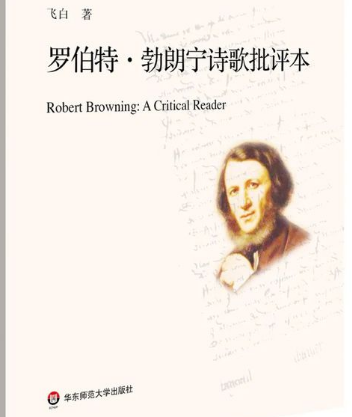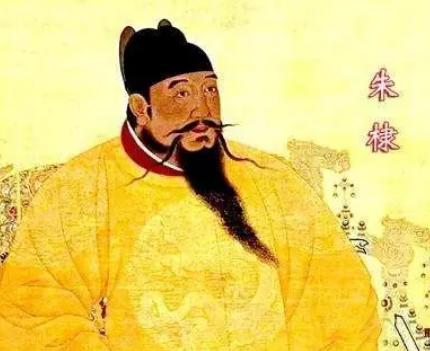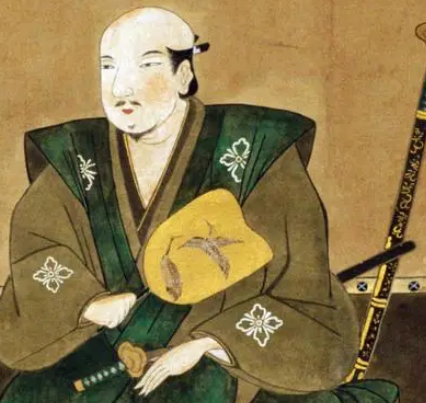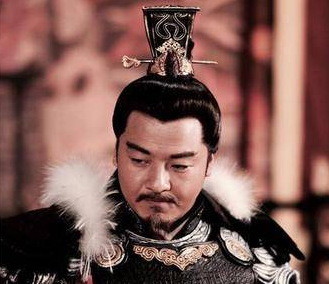History is a one-way street that cannot be turned back, and every turning point may be a huge change in fate. Qin Shi Huang, as the first emperor in Chinese history to unify the six kingdoms, his ruling means and policies have had a profound impact on later generations. Liu Bang, as the founding emperor of the Western Han Dynasty, whether his success would be affected by the life and death of Qin Shi Huang is a historical hypothetical question worthy of discussion.

I. The Political Legacy of Qin Shi Huang
During his reign, Qin Shi Huang implemented a centralized power system, promoted unified measurement and weights, writing, and laws, and vigorously built defensive projects such as the Great Wall. His policies laid the foundation for China's feudal dynasties in later generations to a certain extent. However, the tyrannical rule and excessive taxes of the Qin Dynasty also led to the people's livelihoods being in dire straits, ultimately triggering the Peasant Rebellion.
II. The Peasant Rebellion at the End of the Qin Dynasty and the Rise of Liu Bang
During the period of Qin Er Shi, the Da Ze Xiang Rebellion led by Chen Sheng and Wu Guang marked the beginning of the peasant wars at the end of the Qin Dynasty. Against this backdrop, Liu Bang, as the chief of a small county, rose up in response to the times and ultimately overthrew the Qin Dynasty to establish the Han Dynasty. If Qin Shi Huang had not died or could have effectively suppressed these rebellions, the course of history might have been vastly different.
III. The Possible Impact of Qin Shi Huang's Not Dying
If Qin Shi Huang had not died, he may have continued to strengthen centralization and improve the political system in order to stabilize the situation. This could have brought greater pressure on leaders of rebel armies such as Liu Bang and may have even prevented their rise. At the same time, Qin Shi Huang's policy adjustments may have alleviated popular dissatisfaction and reduced the occurrence of rebellions.
IV. The Inevitability and contingency of History
However, the development of history has its own inevitability and contingency. Even if Qin Shi Huang had lived a long life, it could not be guaranteed that the Qin Dynasty would last forever. Because the development of history is influenced by many factors, including economy, culture, social structure, and more. Qin Shi Huang's longevity may have only delayed the speed of the Qin Dynasty's collapse but could not fundamentally change its fate.
Conclusion:
"If Qin Shi Huang had not died, could Liu Bang have succeeded?" This question is full of historical hypotheses. Although we cannot know the exact answer, it is certain that regardless of whether Qin Shi Huang lived a long life, the internal contradictions and external pressures of the Qin Dynasty had already accumulated to a critical point. The wheel of history rolls forward, and both Qin Shi Huang and Liu Bang are heroes created by that era. By exploring such historical hypotheses, we can gain a deeper understanding of the complexity and multidimensionality of historical development, as well as the role played by individuals within it.
Disclaimer: The above content is sourced from the internet and the copyright belongs to the original author. If there is any infringement of your original copyright, please inform us and we will delete the relevant content as soon as possible.
































